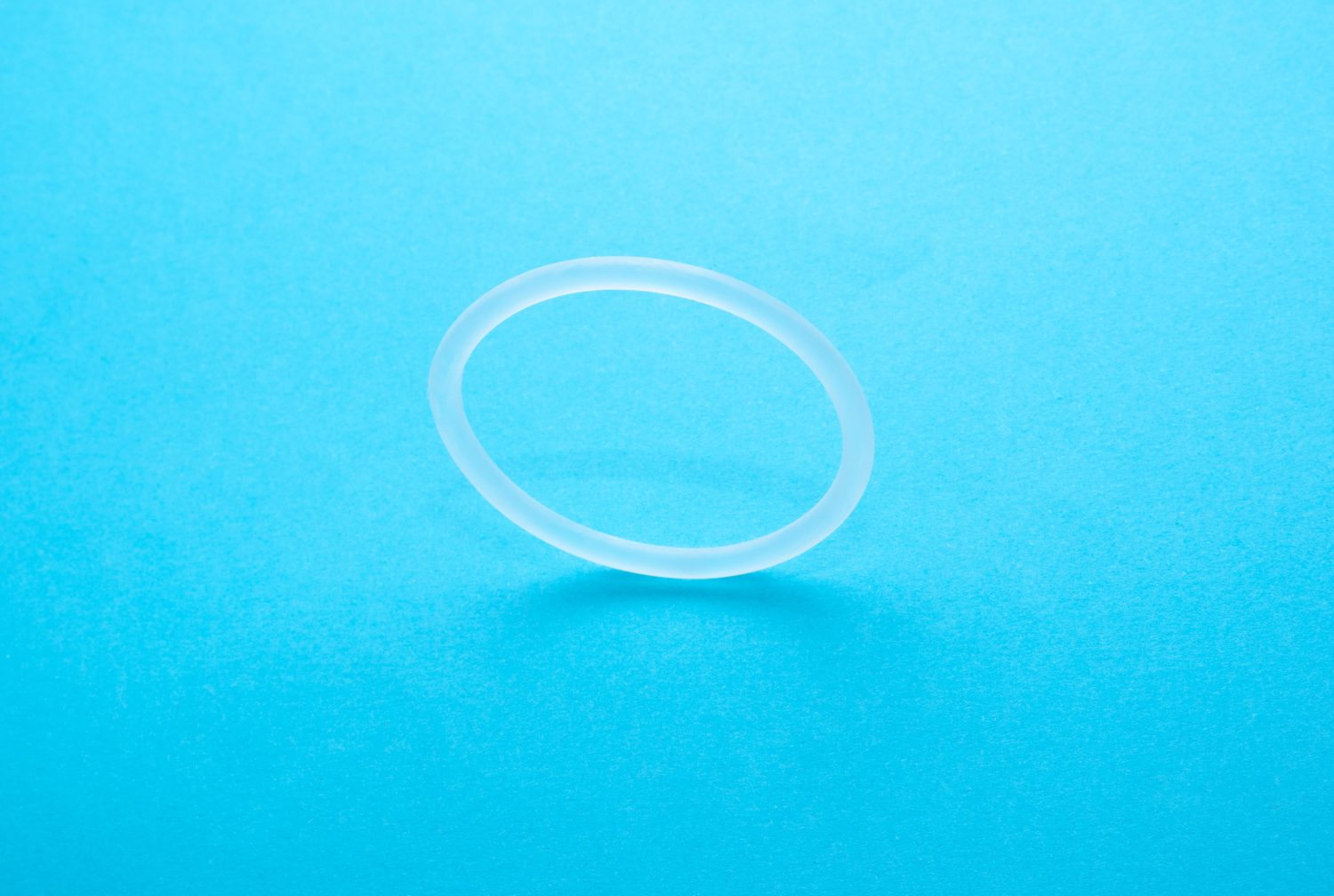I agree that not all of us are great at remembering to take the pill every day. There is some really good contraception out there which you do not have to remember to take every day.
Today I am going to talk about one such contraception, which you can use it on your own and do not remember to do it on a daily basis.
This is the Nuva ring. It is a ring that you can put into your vagina and it sits around your cervix doing its job. You or your partner should usually not be able to feel this ring. To remove the ring, you just hook your finger around it and pull it out.
This ring, like the combined OCP, has both hormones oestrogen and progesterone in it. They get absorbed from the vagina and help provide contraception. The ring stays in the vagina for 3 weeks. After 3 weeks you take the ring out. You leave it out for 1 week. During this week you will have a period like bleed. Then you put a new ring in at the end of the ring-free week.
Like the combined OCP this can also to use to skip your periods if you wish to, and you can move from one ring to another, but please talk to your doctor about skipping the bleed and how to use the rings together without a break. You need a prescription and can buy it at a chemist.
There are also some medical conditions where you cannot use this method.
Some of the conditions are
- a history of deep venous thrombosis (blood clot in a vein), stroke, heart attack or some other types of heart disease
- any condition which makes you more prone to blood clots
- severe liver problems or liver cancer
- certain types of migraine (migraine with aura)
- breast cancer
- some types of systemic lupus erythematosus (SLE)
- unusual bleeding from your vagina
- breastfeeding
- taking medications like anti-epileptics or herbal meds
Please talk to your doctor to discuss conditions where you cannot use this, more of its advantages and disadvantages and whether this method is suitable for you or not prior to starting it.
If used correctly it is 99.5 % effective.
It does not protect against STIs, so if you are at risk of acquiring STIs please use a condom.
Watch on Youtube or Instagram as below
View this post on Instagram
Featured photo by Reproductive Health Supplies Coalition on Unsplash



